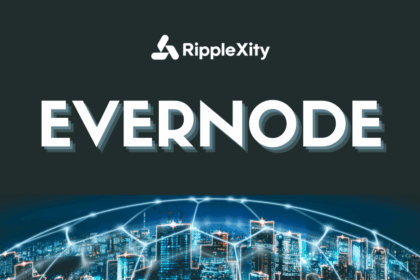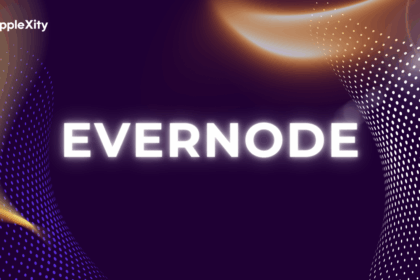As AI adoption accelerates, the demand for secure, decentralized compute power is skyrocketing. From machine learning to data analytics, organizations are seeking ways to run AI workloads without relying on centralized cloud providers. Enter Evernode, the XRPL-based decentralized hosting network, now emerging as a potential backbone for decentralized AI compute marketplaces.
This article explores how Evernode’s decentralized hosting model can power AI compute networks, providing a low-cost, distributed, and secure alternative to traditional cloud giants like AWS, Azure, or Google Cloud.
The Problem with Centralized AI Compute
🚫 Centralized Risks
- Vendor lock-in with major cloud providers
- High compute costs
- Central points of failure
- Data privacy concerns
As AI becomes mission-critical, businesses require more control, lower costs, and greater transparency in their compute resources.
How Evernode’s Decentralized Hosting Works
Evernode transforms the global community of XRPL users into decentralized node operators, offering:
- Compute resources (CPU, memory, storage)
- Smart contract execution environments
- Cross-network hosting capabilities
These nodes register with the Evernode network and offer their compute power in exchange for EVR token rewards, creating a distributed hosting ecosystem.
Enabling AI Compute Markets on Evernode
By extending its platform to support AI workloads, Evernode could:
- Match compute demand with available node capacity
- Allow AI developers to deploy models across decentralized nodes
- Use EVR tokens for pay-per-compute models
✅ Key Components
- AI Task Scheduling: Decentralized distribution of AI tasks.
- Model Execution Environments: Secure containers for running AI models.
- On-Chain Payment Settlement: Using EVR tokens for transparent billing.
- Compute Resource Verification: Proof-of-compute validation on XRPL.
Example Use Case: Decentralized AI Inference
Imagine a healthcare company needing decentralized AI inference for real-time diagnostics:
- They deploy their AI model to the Evernode network.
- Node operators across the network process inference requests.
- The company pays with EVR tokens per processed task.
- Results are delivered securely and instantly, without centralized bottlenecks.
Advantages of Using Evernode for AI Compute
| Benefit | Evernode Network | Centralized Cloud Providers |
|---|---|---|
| Decentralization | Fully Decentralized | Centralized Control |
| Cost Efficiency | Pay-Per-Use EVR Model | High Fixed Costs |
| Global Distribution | Community-Operated Nodes | Regional Data Centers |
| Security & Privacy | No Single Point of Failure | Provider-Controlled Privacy |
| On-Chain Settlement | EVR Token Payments | Fiat/Credit Billing |
The Future of Decentralized AI on XRPL
🟢 For Developers
- Launch AI services on a distributed compute marketplace.
- Avoid cloud vendor lock-in.
🟢 For Node Operators
- Monetize idle compute resources.
- Support AI model hosting.
🟢 For Enterprises
- Access decentralized AI services with real-time settlement and global scalability.
Final Thoughts
Evernode’s decentralized hosting architecture is uniquely positioned to disrupt centralized AI compute markets. By leveraging the XRP Ledger’s efficiency and Evernode’s global node network, AI developers and enterprises can unlock a new era of distributed intelligence.
At RippleXity, we’ll continue to follow how Evernode evolves from decentralized hosting to AI compute powerhouse on the Ripple blockchain.










